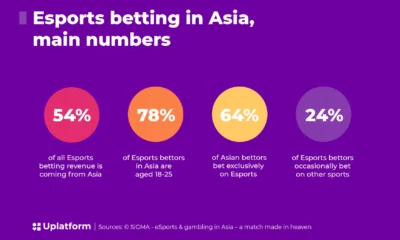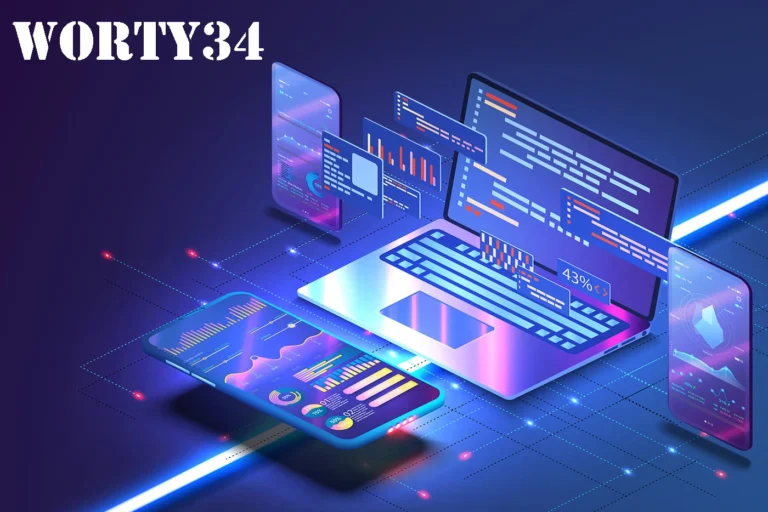TabooFantazy is a term that conjures up an intricate mix of fascination, curiosity, and societal boundaries. The word “taboo” refers to prohibitions and restrictions imposed by social, cultural, or religious norms, while “fantasy” represents the freedom of imagination and desires. Combined, TabooFantazy implies a space where individuals explore realms that society often deems inappropriate, controversial, or forbidden.
The Concept of Taboo
To understand TabooFantazy, it’s essential to first grasp the idea of taboos themselves. Taboos are actions, behaviors, or ideas that cultures or societies mark as unacceptable. These could include anything from religious prohibitions to moral codes, social etiquette, and sexual norms. What is considered taboo varies dramatically from one culture to another and even within subcultures of the same society. What might be acceptable in one context could be completely off-limits in another.
Fantasies: Imagination Beyond Reality
Fantasies are deeply rooted in the human psyche, allowing individuals to explore ideas, desires, and scenarios that may not be feasible, acceptable, or even desired in real life. Fantasies, particularly of a taboo nature, often push the boundaries of what people are willing to admit or explore openly. In many cases, fantasy provides a mental escape, where individuals engage with ideas that provoke excitement, fear, or intense emotion without the need to act on them in reality.
The Intersection of Taboo and Fantasy
The allure of TabooFantazy lies in its power to break conventional boundaries. It appeals to the human desire for freedom, rebellion, and the exploration of the unknown. People often find thrill in imagining scenarios that are considered unacceptable by societal standards. This can span a wide range of topics—from pushing against societal norms to sexual fantasies that challenge deeply ingrained values.
For some, exploring taboo fantasies provides a way to cope with internal desires that might conflict with their external world. It offers a safe space where they can mentally navigate the tension between personal desires and social expectations. The secretive or forbidden nature of the fantasy itself can also amplify the thrill.
TabooFantazy in Pop Culture and Media
Taboo fantasies have long been a theme in literature, art, and film. From the works of Marquis de Sade to the sensationalism of modern-day erotica, forbidden themes have always drawn an audience. Films, novels, and even comic books often explore these subjects, offering viewers or readers a way to engage with taboo topics within a controlled, fictional environment.
In modern times, the internet has given people unprecedented access to content related to TabooFantazy. Websites, forums, and platforms provide spaces where individuals can discuss, read, or consume material that may touch on taboo subjects. While the internet has democratized access to taboo fantasies, it has also sparked debates about the ethical implications of consuming or engaging with content that may push the boundaries of morality or legality.
Psychological Perspectives on TabooFantazy
Psychologists have long studied the human fascination with taboos and how they intersect with personal desires. Sigmund Freud, the father of psychoanalysis, famously argued that repressed desires often manifest in fantasies, particularly those of a taboo nature. According to Freud, when society suppresses certain desires, individuals may channel them into fantasies as a way of satisfying those urges without breaking societal rules.
Freud’s theories, while controversial, provide insight into why some people are drawn to taboo fantasies. The idea that repressed desires can lead to imaginative explorations has been a cornerstone in understanding the psychological aspect of TabooFantazy. More contemporary psychological theories suggest that engaging with taboo fantasies in a safe and controlled environment can be a healthy way for individuals to process complex emotions or desires.
Ethics and Morality in TabooFantazy
While TabooFantazy offers an outlet for imagination, it also raises ethical questions. Where do we draw the line between harmless fantasy and harmful behavior? This is a question that has long plagued moral philosophers, religious leaders, and legal experts. Some argue that taboo fantasies, when kept purely in the realm of the imagination, are harmless and even beneficial for exploring personal boundaries.
Others, however, contend that certain taboo fantasies can blur the line between thought and action. If an individual becomes consumed by a fantasy, it may raise concerns about their ability to differentiate between what is acceptable in reality and what is not. This is particularly relevant in cases where fantasies involve illegal or immoral behavior. The balance between thought and action is delicate, and society continues to grapple with how to approach this issue.
TabooFantazy and Society’s Double Standards
A fascinating aspect of TabooFantazy is how society often holds contradictory attitudes toward taboo subjects. While many cultures publicly denounce certain behaviors, they may also exhibit a strong undercurrent of fascination or even endorsement of those same behaviors in private. This creates a complex relationship between the individual and society when it comes to taboo fantasies.
For example, some forms of media glamorize criminal behavior, illicit relationships, or other forbidden activities, but these are often condemned when found in real-life situations. This double standard contributes to the allure of TabooFantazy, as individuals feel both the pull of society’s condemnation and the thrill of stepping outside its boundaries.
The Internet and the Rise of TabooFantazy Communities
The rise of the internet has opened up vast avenues for people to explore taboo fantasies in ways that were previously impossible. Niche forums, blogs, and social media platforms provide spaces for individuals to discuss their forbidden interests anonymously. These online communities allow people to share stories, art, and ideas that delve into taboo themes without fear of judgment.
However, this also poses challenges regarding the regulation and ethical handling of content. Some communities may push boundaries in ways that make regulators uncomfortable, and the line between free expression and harmful behavior becomes harder to navigate. Balancing the freedom of imagination with the responsibility of ensuring that certain content doesn’t encourage unethical behavior is an ongoing challenge.
Conclusion: Embracing or Rejecting the Taboo
TabooFantazy exists at the intersection of human curiosity, societal boundaries, and personal desires. It reflects the inherent conflict between what is considered acceptable by society and what individuals secretly long for. Exploring taboo fantasies can provide a safe outlet for curiosity and imagination, but it also requires a thoughtful approach to ensure it doesn’t lead to harmful behavior.
While society continues to grapple with the implications of TabooFantazy, it’s clear that the forbidden will always intrigue. Whether it’s through literature, media, or personal fantasies, people will continue to explore the boundaries of their desires in ways that challenge social norms and push the limits of the imagination.

 Blog8 months ago
Blog8 months ago
 Sports9 months ago
Sports9 months ago
 Games9 months ago
Games9 months ago
 Tech9 months ago
Tech9 months ago
 App9 months ago
App9 months ago
 Tech7 months ago
Tech7 months ago
 Entertainment8 months ago
Entertainment8 months ago
 Sports9 months ago
Sports9 months ago



